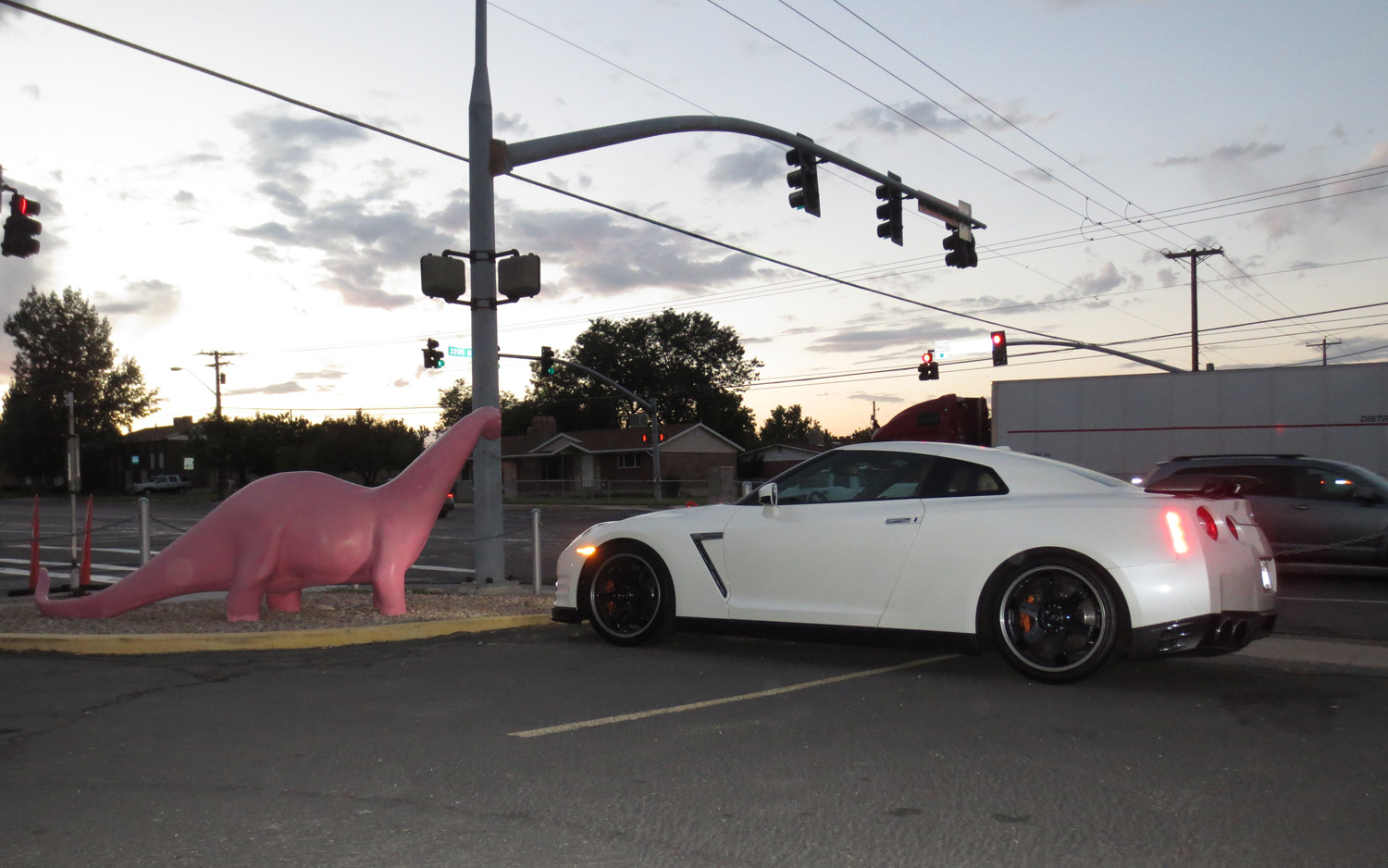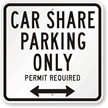How the internet may drive cars off the market
You think it’s hard to find parking now? Just wait till the future when car ownership has become a thing of the past. You won’t be able to find a parking spot because you won’t even be looking for one.
While that may be an extreme scenario (especially for automakers), some are reviewing current and evolving technologies and behaviors and foretelling dramatic change for the road habits of First World drivers or motorists in rich countries.
Perhaps the most telling statistics address vehicle miles traveled. For decades, individual drivers traveled farther, on average, each year. In what the Australian government described last March as a “saturating trend,” that growth has slowed distinctly and, in many cases, stopped altogether.
The change is especially noteworthy in the United States, still the most car-obsessed country in the world. There the total number of vehicle miles traveled started to plateau in 2004 before falling in 2007. If measured per person, growth actually topped out earlier—around 2000—before beginning to drop off in 2004. (Growth has since recovered somewhat.)
The number of trips made has also declined. This is due, in part, to fewer single occupancy vehicle commutes. Countries have also made greater investments in rail: According to the International Transport Forum, countries’ rail investments have increased from 15 percent to 23 percent in the last fifteen years. Public mass-transit systems have also improved in that time, with many faster and more reliable than they used to be. They also showcase greater carrying capacities.
The number of trips has also fallen because of the Internet, which has allowed would-be drivers to shop at home and to maintain social relationships online. The latter is especially true for the young, who tend to view cars as appliances, not aspirational purchases, according to a global survey of teen attitudes conducted by the consultancy TNS. Research firm KCR also found that, more than any other age group in America, 18- to 34-year olds claim socializing online is a sufficient substitute for some car trips.
The Internet has also facilitated the introduction of new models of car ownership. Take, for instance, Zipcar, which boasts a fleet of more than 9,000 vehicles that its 700,000 members worldwide can share.
But why bother going through the trouble of sharing a car when you might skip a step and simply share a ride? Mobile apps, such as Lyft, Ridejoy, and SideCar, and the ubiquity of smartphones make carpooling easy.
Carmakers need not be made nervous by these developments, however. The developing world presents rich possibilities: Between 2010 and 2011, auto sales in China jumped 2.6 percent, surpassing sales in the United States, and in Indonesia, which is an even younger market, sales rose 17 percent. In real terms, cars in poorer countries are cheaper, and transit systems and infrastructures there are developing almost as quickly as urbanization is occurring.
Related Posts
Category: News





















